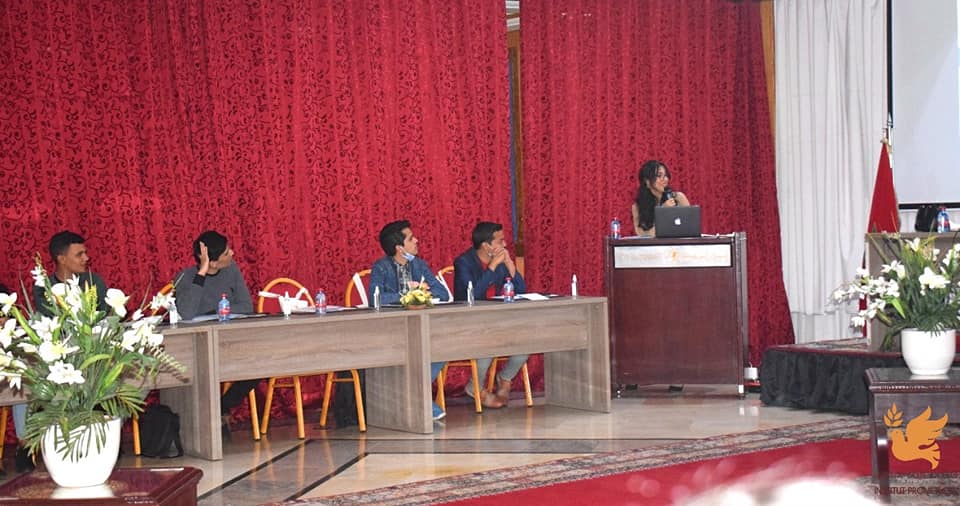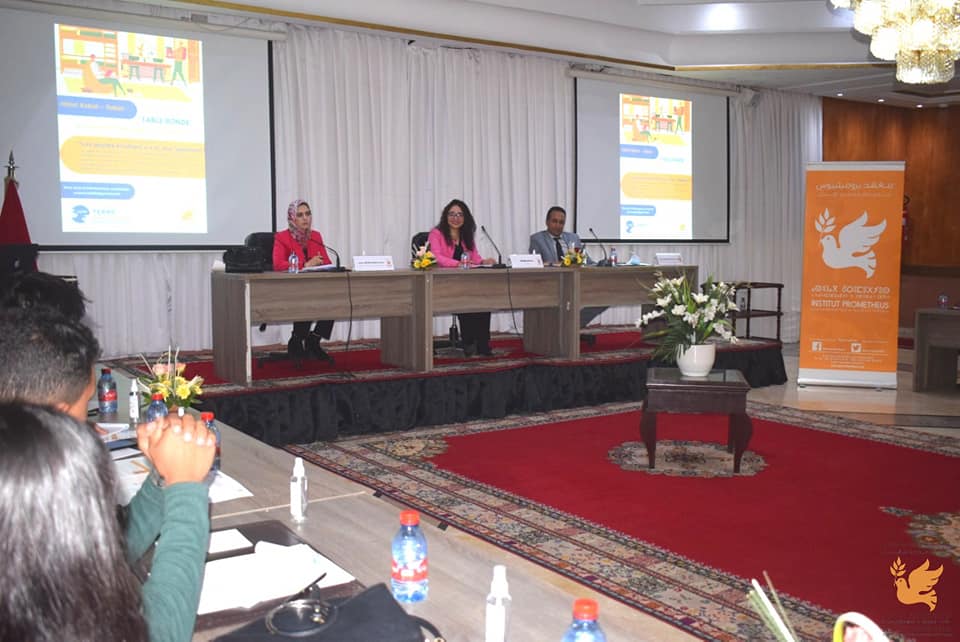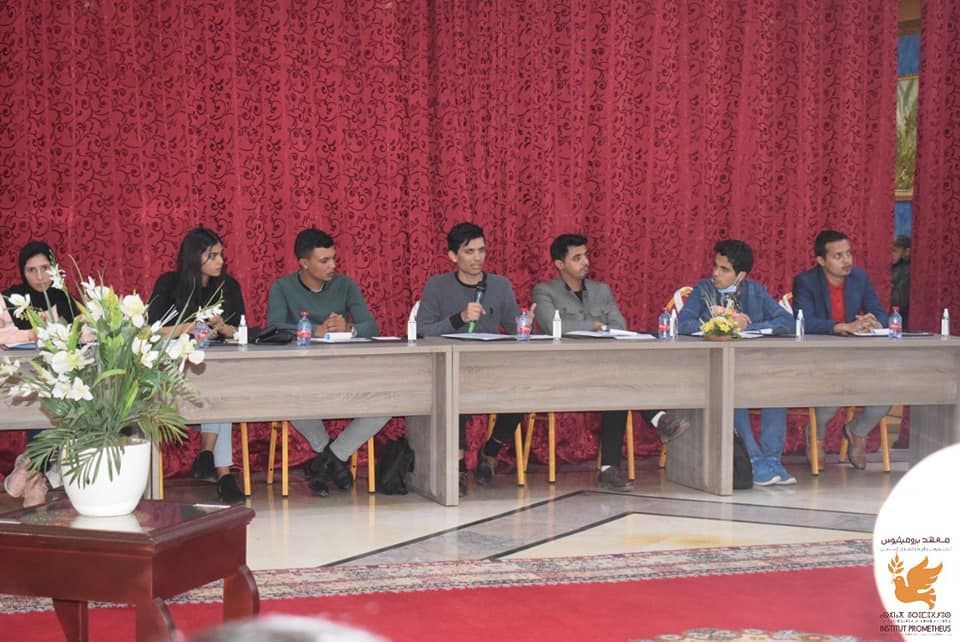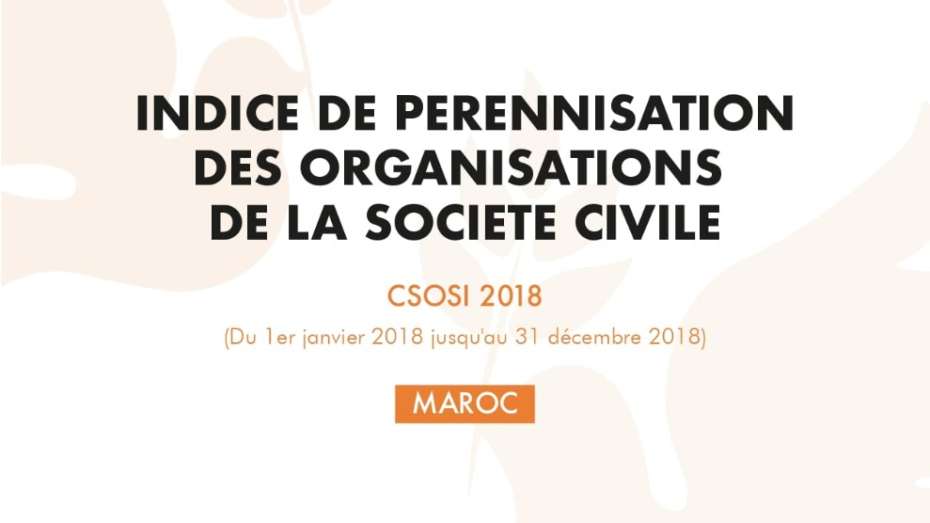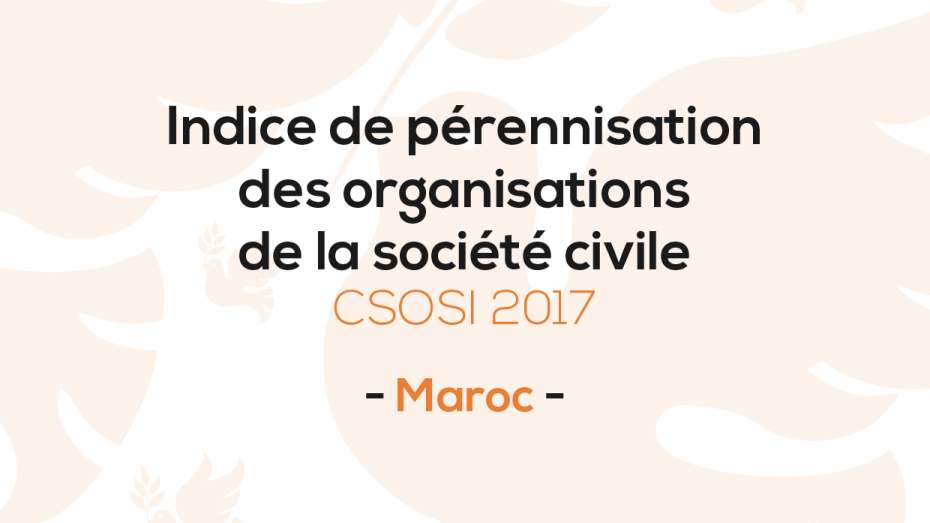Partner: CCFD-Terre Solidaire
Date: November 19, 2022
Location: Hotel Rabat-Rabat
Beneficiaries: 30 Students
Description:
The right to adequate housing for Moroccan students is often associated in public debates with the precariousness of the student condition. , we have highlighted the various forms of discrimination suffered by students in university residences in normal times, but especially during the Covid19 health crisis.
It shows that the students who benefit from this accommodation permanently face the marginalization of their right to adequate accommodation, with all its repercussions on their academic itinerary.
University residences are a real asset for the social integration of students, but also their success, every year students flock to private accommodation and shared accommodation when there is no room left in university residences. Certainly the university residences are certainly not sufficient to accommodate all Moroccan students from several cities in the country. Indeed, most are struggling to get a place in university residences, but even with the increase in the number of places in dormitories, student accommodation remains a major problem in Morocco.
The surface area of the rooms in the current university residences varies between 9m2 and 20m2 at most. They contain cupboards, tables and separate beds. On the other hand, the kitchen and the bathrooms are shared by the students on each floor, the lack of comfort in the rooms is one of the main criticisms of the students. In general, the rooms are very small and are intended to accommodate four or even five people with bunk beds, small tables as desks and mini closets, not to mention the dividing walls between the rooms in the dormitories which do not reach not the ceiling, which constitutes a violation of the students' privacy and prevents them from working.
The issue of insufficient accommodation capacity is mainly due to the limited number of student halls of residence, and the number of students which continues to grow. The current total capacity of the 29 cities in Morocco is approximately 90,000 beds in the face of 900,000 requests. The living conditions of students remain different from one city to another, in some cities water heaters for showers are not available and students must use public baths or heat water by other means to washing, not to mention queuing for students to reach the kitchen which is shared with an entire floor.
In addition, the Minister of National Education, Vocational Training, Higher Education and Scientific Research, Mr. Saïd AMZAZI announced on October 11, 2021, that the accommodation spaces will be open first to students who have previously benefited from university accommodation and then new graduates. And adds: “In order to ensure a safe return of students residing in university residences, the procedures and modalities associated with this approach will be announced later at the level of each university district. And this, in accordance with the health protocol established by the Ministry of Health”, indicates the ministry, while specifying that “the beneficiaries must thus respect the various preventive and precautionary measures aimed at limiting the spread of Covid-19”.
In a context of reopening of university residences and still in a state of health emergency, the issues announced above are acute.
The round table made it possible to:
● To allow decision-makers, in particular from the supervisory ministry, to discuss their strategy for opening up student halls of residence in this unprecedented context;
● Open a space for debate and discussion between the beneficiaries of accommodation in university halls of residence and those in charge of the latter;
● Establish a complete diagnosis of the situation of vulnerability of students, and of all the violations they suffer in connection with the right to housing;
● Collect elements of advocacy to ensure students. s, housing that meets all the criteria for adequate housing;
THE TOPICS covered
- The reception capacity of university residences in Morocco today for the start of the 2021 school year;
- Rate of integration of new students in comparison with the rate of former students;
- Student selection criteria following reduced capacity due to Covid19;
- State of progress of the programming for the construction of new university residences;
With the presence of Mrs. Ilham BENRAHNNOU, Head of the Division of Social Affairs and Student Life at ONOUSC, and Mr. Abderrahim EL MASSAOUDI, Head of the University Residence Bayt AL MAARIFA in Rabat. As a reminder, this activity organized in partnership with the CCFD-Terre solidaire is part of the Institute's efforts for the integration and integration of young people in general and those from the student and high school environment in particular.
